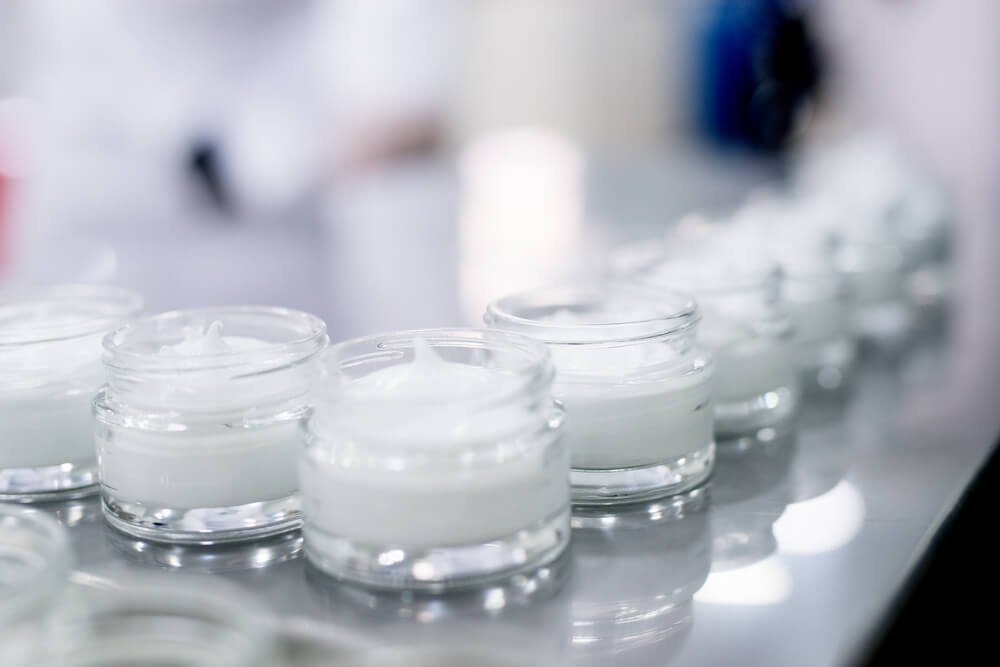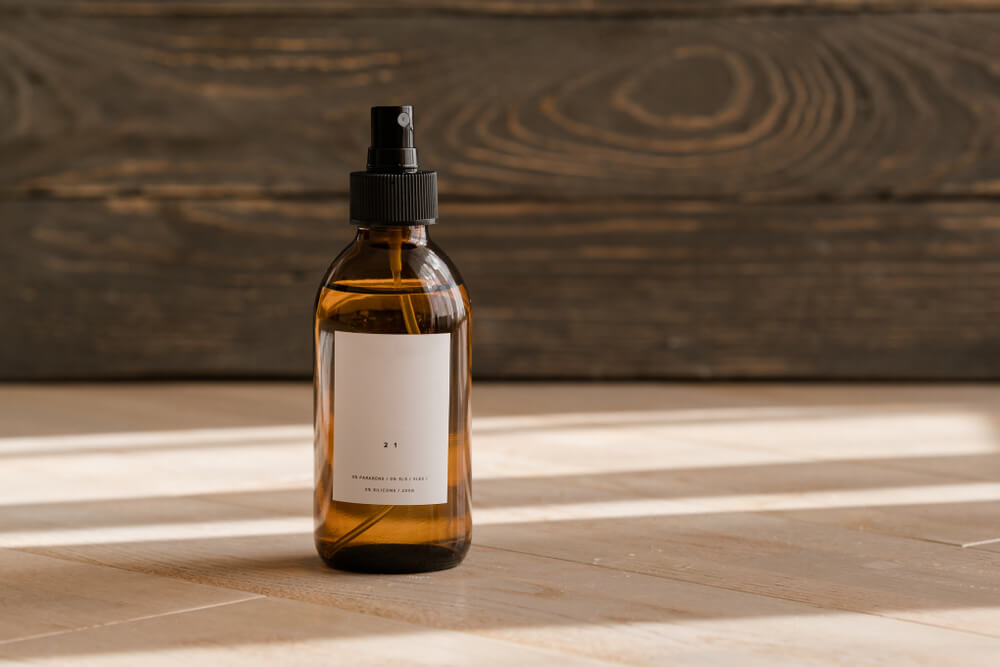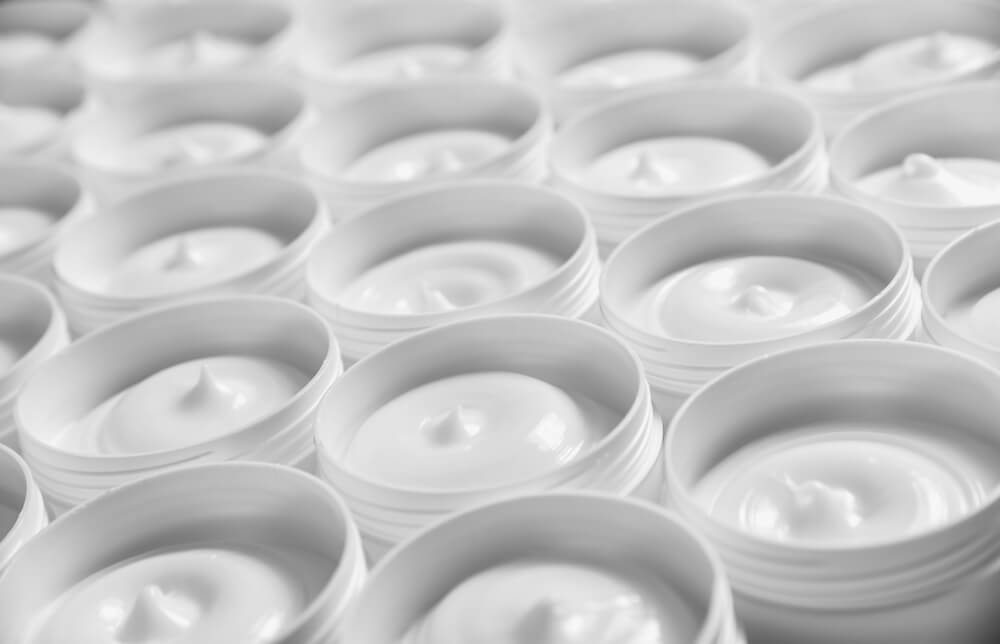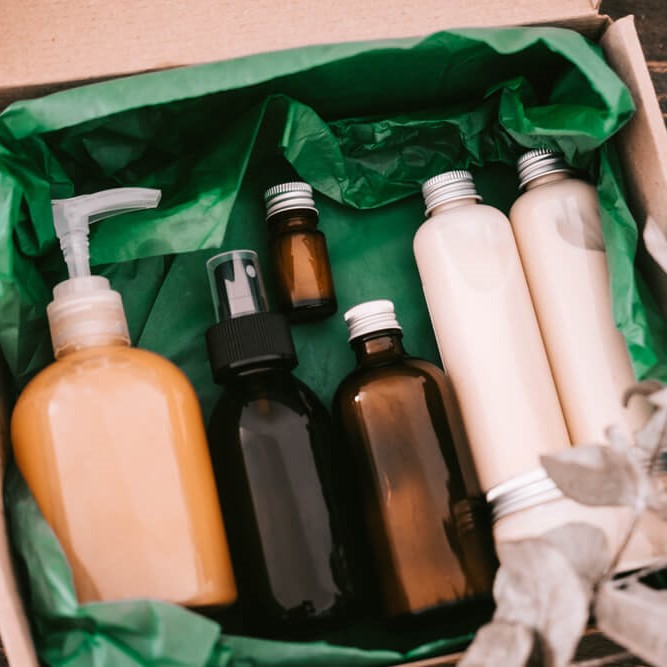When you decide to launch your own brand, you have a couple of routes to choose from for your game plan. If you have the resources, intel, and budget, you can do everything yourself, from product development to marketing. You might be comparing Private Label vs White Label.
But if you’re a small business and need help, you can either work with an integrated team to help you get your R&D, manufacturing, and packaging started, or simply slap on your label on an already finished product.
These two options are known as private labeling and white labeling, respectively. One gives you more control of how you create your goods, while the other gives you the convenience of receiving an already finished product.
When you’re deciding between private label vs white label, you have to understand the ins and outs of both to know what can be more advantageous for your work style and preference. Don’t worry, FLPL is here to take you through this.
Private Label vs White Label: The Similarities

Both private labeling and white labeling allow you to build your own proprietary brand. They make terrific options if you want to stop reselling another brand’s goods and focus on putting out your own. Whichever route you take, you’ll be able to control who your brand is and what you want to say.
They cut down on your production costs, since you’re leaving the dirty work of manufacturing in somebody else’s hands, which is great if you don’t exactly have a background in chemistry or engineering. Plus, you’re assured of quality goods because they’re subject to third-party testing.
All that said, these methods are not made equal. So how do you differentiate between the two? It’s actually quite simple: the main difference of private label vs white label how you get your hands on your actual products.
What is Private Label and White Label, Anyway?
Private labeling is when you, as the brand owner, get to pick and choose how you want your products made. If you’re working in fashion, you create clothing designs. In food and beverage, you curate the menu. And when you’re dabbling in beauty, you get to whip up formulas for hair and skincare.
When you get into private labeling, you have a say every step of the way — from customizing your SKUs to choosing the packaging. Though there’s a lot more work to be done in private label vs white label, it pays off. Tons of acclaimed brands you love are actually successful private label ventures.
On the other side of the spectrum, white labeling is when you purchase off-the-rack products from a third-party manufacturer and slap your brand label on them. It’s similar to private labeling, but you don’t participate in the research and production process.
It’s kind of like selling generic medicine, where you’re selling technically the same product as other brands, just under a different label. You have no say in the formula, so you must rely on being marketing-savvy to stand out.
But definitions are just surface-level. Here are some of the stark differences about private label vs white label businesses:
They Work Within Different Industries
Though the business models are quite similar, private label and white label generally operate in different spaces. Private labeling is more common in fast-moving physical goods, like food, beauty, nutrition, and clothing.
Meanwhile, you’ll see more white labeling opportunities in industrial and technological sectors, like for IT, solar panels, machinery, and more.
In short, when it comes to style and preference, private label is king. But for more functional industries, white label may be the way to go. That said, it’s not uncommon to white label beauty products either, so it’s still an option for you.
You Have More Control of Your Formulations with Private Labeling

When you opt to private label your products, you’ll have a say in what goes into your formulas, how you want the consistency and feel to be, and so on. That way, your products will be unique to everything else available in the market.
You can be way more creative with your offerings and incorporate the ingredients you want when you private label. At FLPL, there are many ingredients to choose from for your hair and skin products.
On the other hand, white labeling your goods will leave you with ready-made stock formulas, which you can no longer change. That means you’ll have the same exact product as other retailers and won’t be able to differentiate yourself aside from your packaging.
But customers are smart. They can figure out pretty quickly that the only thing different between two products is the label. Be wary of this as you choose between private label vs white label.
Your Private Label Products are Sold Exclusively by You
Because you’re the only one who makes your unique private label products, you won’t have to compete with other resellers or retailers unless you authorize them yourself. Since there are strict specifications for the manufacturing of your goods, no other brand can offer it to them but you.
This is far-off from white labeling, where your goods are essentially the same as other retailers who get their goods from the same manufacturer. This is when it becomes a game of whose brand is more popular or appealing instead of which product is better.
With Private Labeling, You Name Your Price
It’s up to you to put a price tag on your private label goods. You can tack on a more significant mark-up if you feel the research and development was very extensive, or if your formulas are innovative. You can even choose to position yourself as a luxury brand and add a premium to your goods.
With white labeling, it’s difficult to put a high mark-up on your goods because other retailers selling the same products might offer it for cheaper. You won’t have the same flexibility for naming your price.
In short, it’s easier to justify higher prices with private label products, such as those that FLPL can help you to create.
When You White Label, You Hardly Pick Your Target Market
When private labeling your goods, you first have to pinpoint your target market before developing a product that can solve the problems of that specific niche. That way, you can make your offerings as relevant as possible to their lives.
Focusing your formulations on a niche target audience also helps drive loyalty, since you’re carefully heeding to the specific calls of a particular demographic.
But when you choose white labeling instead, your products will usually cater to a broad and generic market. While infiltrating the market can be fast because you get your goods from your white labeling partner quickly, it’s hard to craft marketing strategies and messages for a broad audience.
That means that because you try to talk to everyone willing to buy your product instead of catering to a specific community, you’ll have a hard time being relatable as a brand.
Private Labeling Allows You to Adjust Your Formulas According to Feedback

One of the most awesome things about private labeling is that you can adjust your formulas any time you want. So if you get feedback online or in-store from your loyal customers about what they want changed about the product, you can easily get it done with a quick meeting with your manufacturer.
But if you’re white labeling, you may feel helpless when your customers start sending in complaints. Since you have no freedom to change how your products are made, you have to stick it out with the same formula forever.
White Labeling is More Affordable
Private labeling tends to be more expensive than white labeling. That’s because you pay a premium for your manufacturer to formulate and produce your products the way you want—with the ingredients you’ve selected, the consistency and texture you like, and so on.
On the other hand, white labeling manufacturers don’t need to collect that kind of premium because the products you’re getting from them are already formulated. There are no customizations and adjustments that call for higher fees.
But while private labeling requires more money, it has a better chance of getting a higher ROI. So if you choose private label vs white label, don’t worry — it will all balance out.
The Process is Faster with White Labeling
Perfecting a private label product can take months, what with all the back and forth of your samples and making the necessary adjustments to get it just the way you like it.
But with white labeling, the products are pretty much already done. An order can take just a couple of weeks to get to you, since there will be practically no back and forth between you and the manufacturing teams about the formulas.
So if you want to put up your business as soon as possible and don’t mind not being involved with the product development brainstorming, you’re better off with white labeling.
You Can Practice More Leadership Skills in Private Labeling
When you partner with a private labeling company, your relationship with your team will require much more camaraderie and interaction than with white labeling. You’ll have to make sure you’re on top of the work of every department, from R&D to the art team.
This is where you get to practice more of your leadership skills. You need to work seamlessly with every pillar of your business, especially since you call more of the shots in private label vs white label.
You’ll learn how to put your foot down, fight for the important decisions you believe in, and learn how to manage your working relationship with a bigger team—all important for becoming a respectable businessperson someday.
Which One Should You Choose?

Choosing between private label vs white label depends on your work style and how you want to run your business in the long term. You need to assess how involved you want to be in your business operations before you double down on a specific business model.
If you value your freedom in creating formulations and having a say in what goes into your products, opt for private labeling. It’s also the wiser option if you picture yourself extending your line into different products of your choosing.
Private labeling is essentially the only option of your if you’re a firm believer of design thinking. If you think that the hard work that goes into perfecting a product is key to a successful business, you can’t pass up on private labeling.
On the flip side, white labeling is better if you want to penetrate the market quickly and don’t want to spend tons of extra money on research and development.
It’s also for you if you don’t mind selling the same exact products as others and are confident that your skills in marketing will help your branding stand out.
Why Private Labeling for Your Beauty Business is Better in the Long Run
If you’re a skincare, makeup, and hair care lover, getting into private labeling for your dream beauty biz is much better. It feels more fulfilling to have a hand in creating your own formulas instead of having them handed to you on a silver platter. You’ll also learn about an industry you’re passionate about.
Choosing private labeling gives you a better chance to align your product story with your overall brand vision and message. This is a far cry from white labeling, where you simply try to fit your packaging into a puzzle already laid out in front of you.
In a nutshell, private label allows you to have an active presence in growing your brand from scratch, so you know it’s all yours. There’s no better way to pave your path to building your beauty empire from the ground up.
Conclusion
There’s always some confusion about private label vs white label, especially for business newbies. They have many similarities, but their differences are what spell the direction of your business.
If you want more control of what you put out by pouring your heart and soul into research and perfecting unique formulas, private label is for you. But if you prefer the hassle-free ease of getting ready-made products, white label is your calling.
Hopefully, this rundown of their most stark differences can help you decide which one you’d like to give a go when putting up your beauty biz. Choose wisely!



